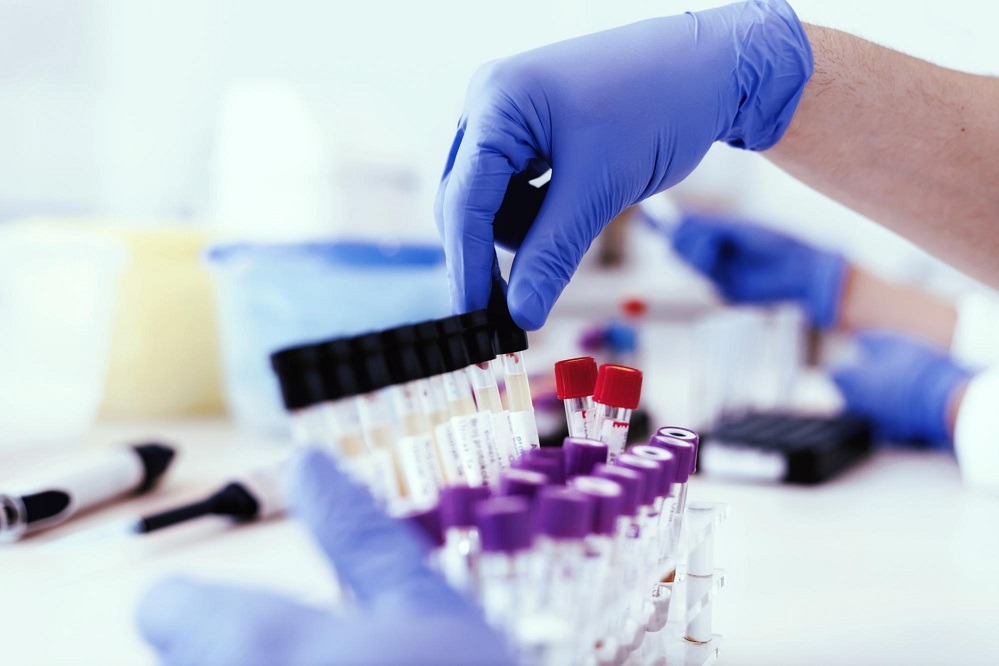About Genetic Testing
Our patients are more curious about genetic testing than ever since the American Society of Breast Surgeons recommended that all breast cancer patients should be offered genetic testing. Most breast surgeons agree with the recommendations wholeheartedly, explaining that genetic testing can not only help breast cancer patients but also their children and subsequent generations.
If you were diagnosed with breast cancer, discuss with your breast surgeon about your family history, lifestyle and risk factors. Usually a simple saliva test (Yes, you spit into a special solution in a test tube!) is taken to test your genetics and to look for abnormal genes that may contribute to your breast cancer. About 14-21 days after getting the saliva test done, patients will receive the test results, as well as the physician, and then usually meet to review the results and receive a possible referral to a genetic counselor.
Genetic Testing Results
If a patient tests positive for a genetic mutation, an abnormal breast cancer gene, that doesn’t mean that she/he has a cancer diagnosis. Rather the purpose of the genetic testing is to find out if you, or your family members, are at a higher risk for specific types of cancers based on your heredity or due to your abnormal genes.
That knowledge is powerful, because when your health can be monitored more proactively, then you can take appropriate steps to reduce your risks. Early detection along with risk reduction measures can be life saving.
Additionally, the results of your genetic testing could affect your children as well. As always knowledge is power, and that’s what many people may not have, the knowledge of if they are at risk or not at risk. Maybe they need to do certain lifestyle choices to help lower that risk.
